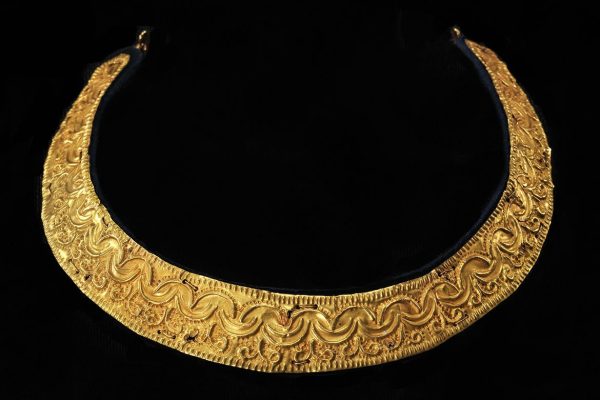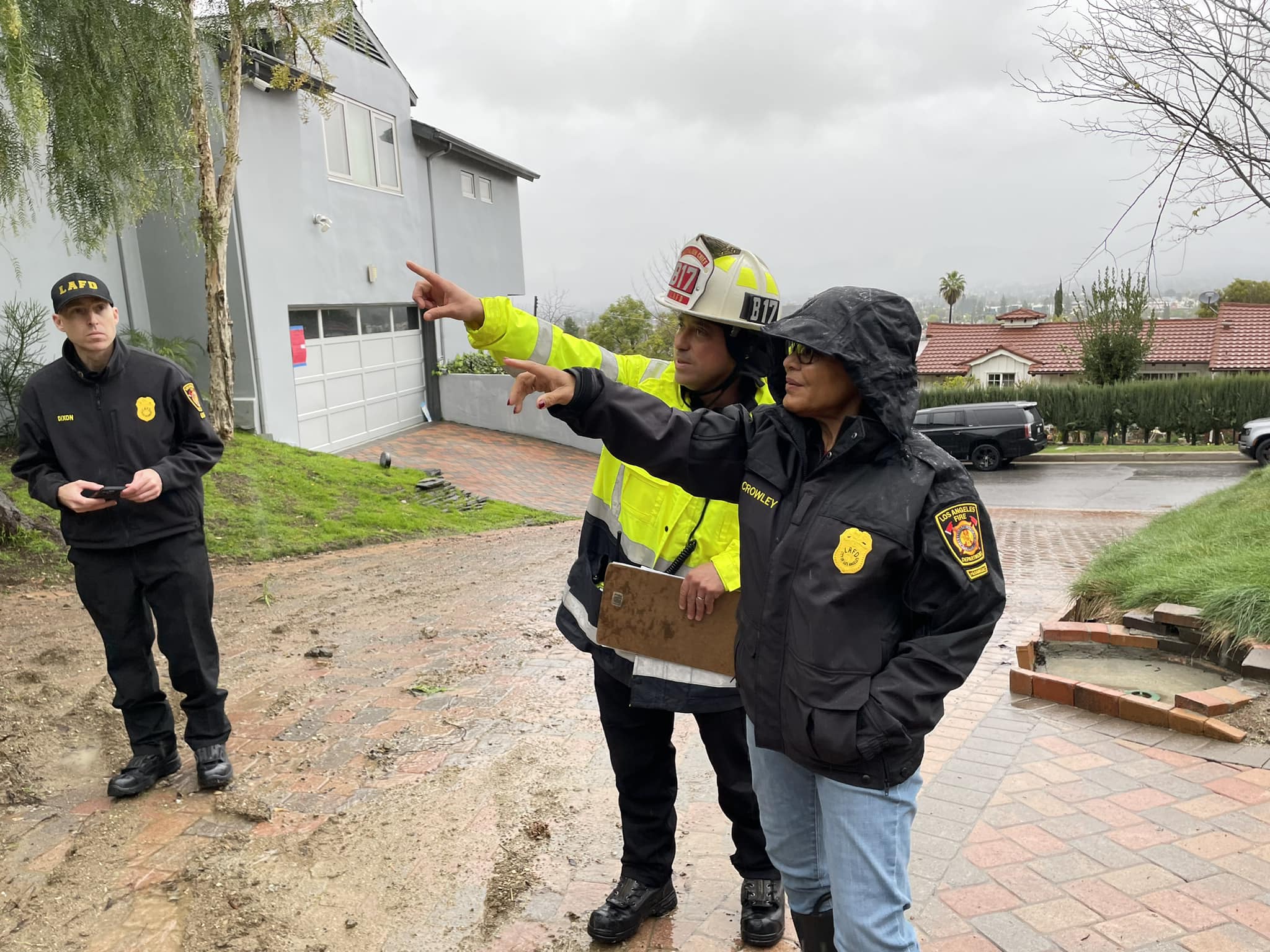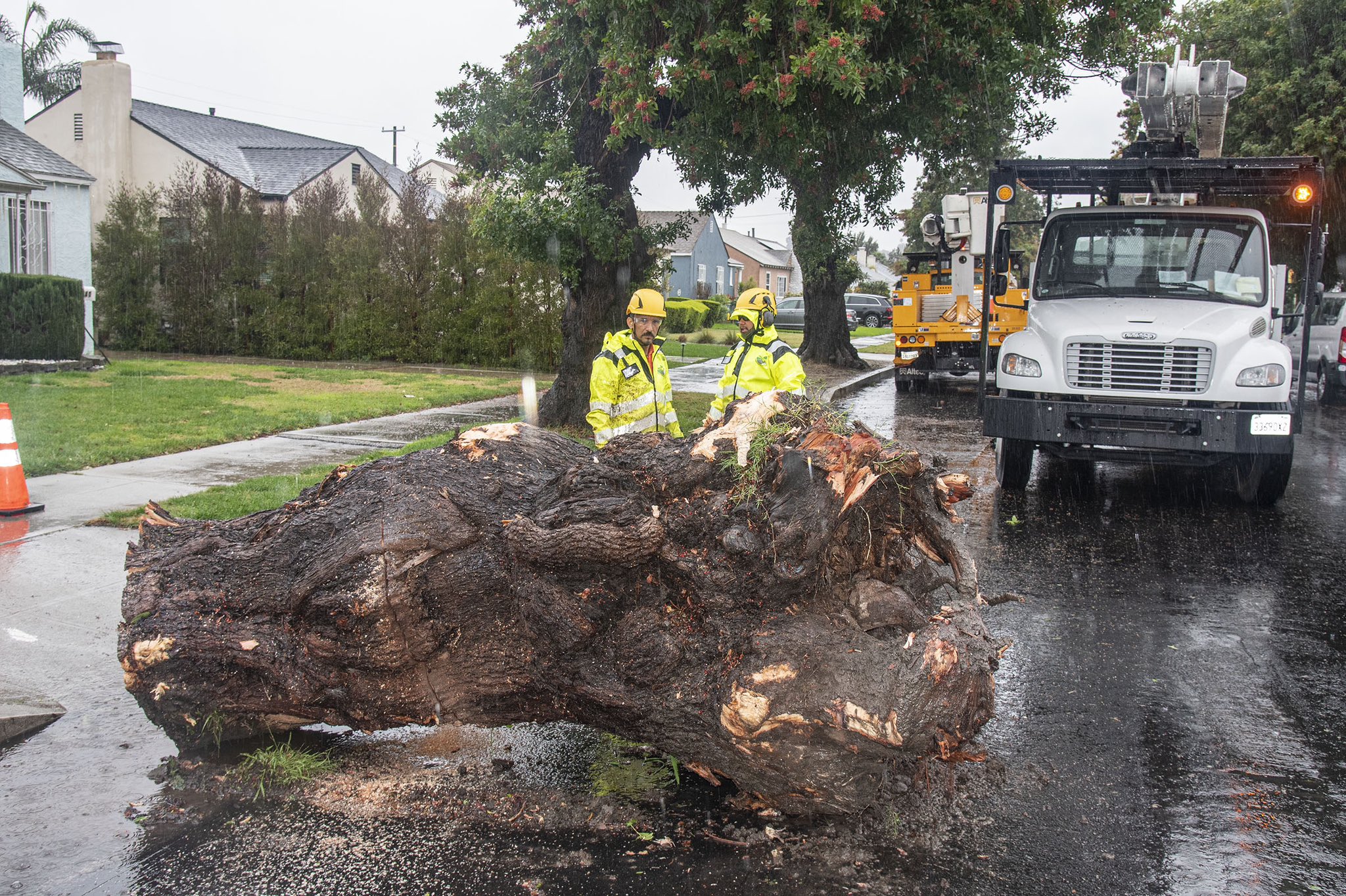In a historic act of restitution, the UCLA Fowler Museum on Monday marked the 150th anniversary of the sacking of Kumasi, Ghana, by British colonial forces by voluntarily returning seven royal Asante objects to the 16th Asante King Otumfuo Osei Tutu II.
The returned items included an elephant tail whisk, two royal stool ornaments, a gorget, two strands of beads and an ornamental chair known as an asipim — all of which were looted during the Third Anglo-Asante War in 1874. While four of the objects were seized directly in the raid, the remaining three were part of a punitive indemnity payment following the war, underlining the coercive history behind their acquisition.
The decision for restitution was autonomous, led by the museum’s proactive research into the origin of its collection.
“We are globally shifting away from the idea of museums as unquestionable repositories of art, to the idea of museums as custodians with ethical responsibility,” museum Director Silvia Forni said.
The artifacts’ return signifies a broader move toward acknowledging and addressing colonial injustices in the management of cultural heritage.
Erica P. Jones, the Fowler’s senior curator of African arts, noted that the process of restitution “is something that we are unwavering in our commitment to accomplish.”
This stance contrasts with the situation in London, where legal impediments restrict national museums from fully repatriating similar objects.
The timely return of the Asante artifacts coincides with recent actions in the UK surrounding museum legislation. Amendments to the Charities Act 2022, which initially allowed for museums like the Tate and the Victoria & Albert to deaccession objects, now require museums to continue seeking Charity Commission approvals for restituting objects overseas. This retraction has caused a stir, given the raised expectations that museums would have enhanced autonomy to address their collections’ colonial legacies.
These developments pose a stark contrast to the decades-old legal framework that ties the hands of institutions such as the British Museum in repatriating objects of controversy — such as the Parthenon Marbles of Greece — to their countries of origin.
Issues surrounding the control and ownership of cultural heritage are evolving, and the actions of the Fowler Museum in the U.S. illuminate a pathway for international museums grappling with similar ethical dilemmas. While restitution remains a complex issue, fraught with legal and moral considerations, the clear stance taken by the Fowler Museum establishes a precedent for the future handling of cultural assets acquired under distressing historical contexts.
In a statement, Jones reinforced the institution’s duties: “In the case of pieces that were violently or coercively taken from their original owners or communities, it is our ethical responsibility to do what we can to return those objects.”
As reported by UCLA, the Los Angeles Times and Artnet







